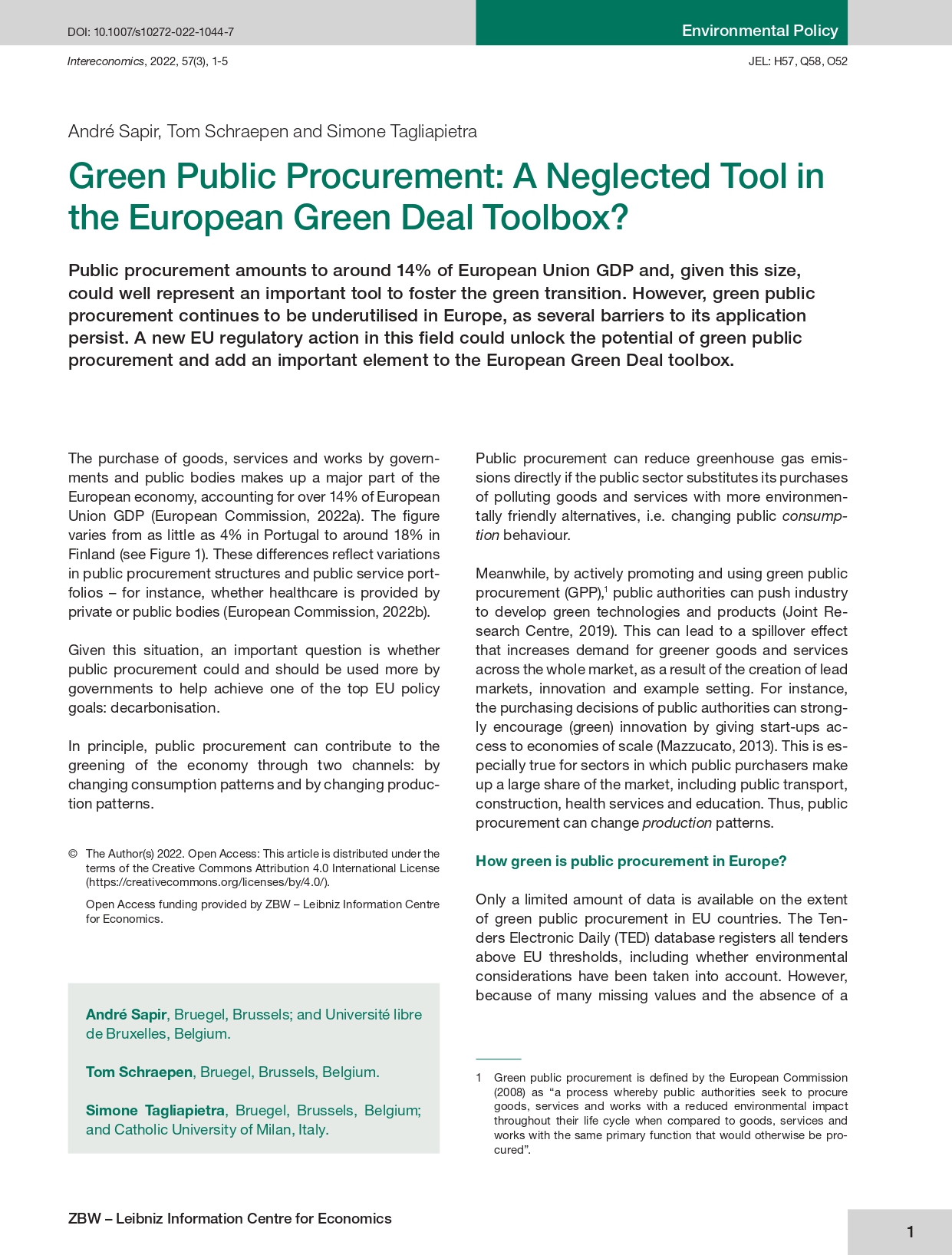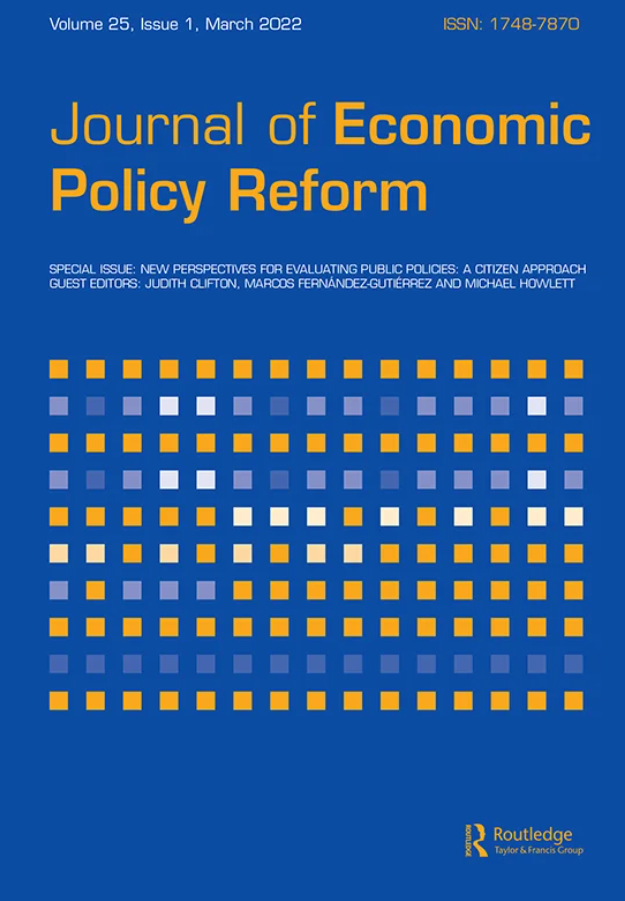Opinion
Held og lykke, Commissioner Vestager
Tomorrow, new European Commissioner Margrethe Vestager will take control of the Commission’s most powerful tool: the enforcement of European Union competition law.
Tomorrow, new European Commissioner Margrethe Vestager will take control of the Commission’s most powerful tool: the enforcement of European Union competition law. She will have the power to block mergers or require the sale of companies’ assets for deals go through. She will be able to fine companies that breach antitrust rules up to 10 percent of their global turnover. She can oblige EU member states to take back subsidies granted to firms if the money gives an unfair advantage.
The power of the European Commissioner for Competition needs to be exercised with care
Such power needs to be exercised with care. Vestager inherits a number of high profile and sensitive cases: Google’s alleged self-bias in internet search, Gazprom’s alleged excessive gas prices, the tax-sweetener cases involving Apple, Starbucks and Fiat. In addition, there are new possible merger waves and industrial restructuring and ongoing high profile cartel cases in the financial sector. Although enforcement is strictly governed by law, the Commission retains a margin of discretion in assessment; appeals are rare (more than two-thirds of antitrust abuse cases are resolved without ending up in court), meaning there is often no independent check on the Commission’s analysis. Vestager’s discretionary power will therefore play a crucial role – especially in the major pending cases, in which the Commission’s decisions will potentially have a huge impact on firms and markets.
But the apparent advantage of discretion can quickly turn into a burden for competition commissioners. Given the high stakes, it exposes them to pressure to take bad decisions. For example, the Commission might be asked to act against successful foreign companies, because domestic industry fears their competition or because their prices are regarded as excessive and should thus be curbed to reduce input costs. Member states might fight hard to promote their own industries. For instance, they could claim that mergers that imply higher prices for European consumers are the only solution that allows European businesses to invest and regain prominence in global markets.
The new commissioner will only be able to negotiate the political swamp and shield her services from unsubstantiated criticism if she sends a clear, credible signal that her assessments will be guided by economics and that any decision taken will ultimately benefit consumers.
A company should be deemed guilty not merely by holding significant market power
An example is abuse of dominance cases. A company should be deemed guilty not merely by holding significant market power; it should be proved that such power is misused to penalise competitors and that ultimately consumers would suffer from it. An antitrust case against Google in the United States was cleared by the Federal Trade Commission because it found that even if Google’s algorithm penalises competitors, it might nevertheless improve American users’ experience by swiftly addressing their search queries.
Likewise, mergers that result in savings that compensate for reductions in competition should be cleared, and the existence of such efficiency gains should be duly acknowledged. At the same time the causal link between a merger and its benefits should be carefully and transparently substantiated, because higher investment levels are never obvious when market competition is reduced. For example, for more than a decade, US telecoms companies have been allowed to enjoy a significant degree of market power. In the 2003 Organisation for Economic Cooperation and Development country ranking for fixed broadband penetration, the US ranked tenth. In 2013, the US had dropped to sixteenth. Countries that implemented a pro-competition policy demonstrated a better investment performance. Vestager can reconcile business and consumer interests if operators can trust that future antitrust decisions will correctly capture the interplay between short-term effects (such as potential price increases) and dynamic/long-term effects (such as a potential supply of new or better products). Antitrust empowers consumers, who can threaten to switch suppliers, forcing companies to perform and innovate. But it also guarantees that innovative companies are fully rewarded for their efforts. Antitrust enforcement can be a resource for business, not a problem.
Antitrust enforcement can be a resource for business, not a problem
As the father of capitalism Adam Smith wrote: “consumption is the sole end and purpose of all production; the interest of the producer ought to be attended to only so far as it may be necessary for promoting that of consumer”. By heeding Smith’s wisdom, Ms Vestager will get the most out of her new job in the interest of the European economy.
Republished from Altinget with permission.
Read also
Memo to the Commissioner for Competition
Republishing and referencing
Bruegel considers itself a public good and takes no institutional standpoint.
Due to copyright agreements we ask that you kindly email request to republish opinions that have appeared in print to [email protected].









